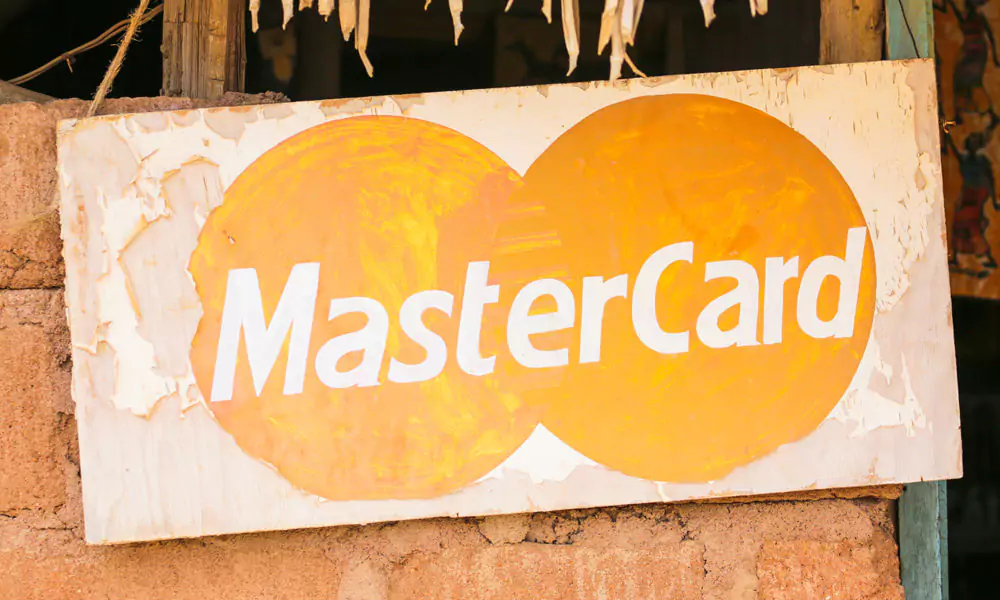A rise in consumer spending, broad-based across several geographies, helped Mastercard beat Wall Street estimates for the second quarter.
The company announced news on Thursday that earnings for the quarter came in at $1.10, while Wall Street had expected $1.04, and the bottom line edged the Street at $1.28 billion; analysts had seen $1.1 billion. Net revenue growth was up 13 percent to $3.1 billion, said the firm, with acquisitions, mostly via VocaLink, accounting for two percentage points of that growth, as management said on the call that the deal allows Mastercard to offer both card and bank-based payment solutions.
Gross dollar volume transactions were $1.3 trillion, up 6 percent from a year ago.
Cross-border transactions remained a standout, as the fees generated from this activity were up 14 percent from last year and reached $984 million. The transactions that are classified as “switched” also saw double-digit growth, with 17 percent jumps, as they took place on Mastercard’s own network rather than on other networks. Cross-border transactions now occur across 85 markets, the company said.
Total card count stood at 2.4 billion, compared with 2.3 billion last year.
China remained a key consideration in management commentary on the analyst call. CEO Ajay Banga said the company is in the midst of finalizing decisions on applications to enter China — and decisions hinge on whether to form JVs to being the sole applicant. Banga said his firm wants to make sure that its approach is the correct one “right out of the gate.”
Separately, on the Thursday’s earnings call, CEO Ajay Banga noted that the supermarket juggernaut Kroger is converting its credit card program away from Visa and bringing that co-branded product to Mastercard, and issuance of new cards will take place by the spring of next year.
Looking at individual markets, Banga pointed to growth in the United States and beyond, with steady employment growth and low inflation. The U.S. saw 3 percent growth, and the rest of the world, 7 percent. Within the United States, credit card transactions gained to $196 million from $184 million last year. Management noted that India was strong, buoyed by demonetization, with Brazil notching growth as well despite political turmoil and high unemployment. In Europe, Germany and Spain are showing boosts in consumer spending, and despite Brexit, the U.K. showed 5 percent retail sales growth in the quarter.
Banga also said international markets have been marked by transactions conducted by ACH, playing into the strength of the VocaLink acquisition and allowing payments “to and from any bank account in real-time.” He said the acquisition expands the card network’s reach to more endpoints, including businesses, governments and consumers who may only have a bank account and not a card.
Banga further remarked that the VocaLink deal allows for greater penetration into the B2B markets, with accounts payable and receivables management, where 50 percent of transactions are still done by check, and where there are ways to reduce the burden and cost associated with manual processes.
VocaLink and fast ACH help complement the Masterpass push payments service, said the executive, facilitating the delivery of funds in “near real-time to virtually all debit card accounts in the United States,” with reach into 85 markets across the world, connecting mobile wallets and bank accounts.
“So, what we have now is a unique combination of product offerings,” said Banga, that will better facilitate consumer choice. “What we will have is card rails … Mastercard spend and now fast ACH rails,” he told analysts.
Continuing with its “digital by default” initiative, Mastercard also had roughly 85 million Masterpass accounts as reported in May, marked by acceptance across hundreds of thousands of merchants worldwide, said Banga.
With the aforementioned extensions of capabilities and use cases, the executive said that Masterpass (with continued investment and support from the company through the current quarter and boosts in advertising and marketing spend) is aiming to become a “one-stop shop” across the Mastercard customer base, from merchants to banks to governments.


